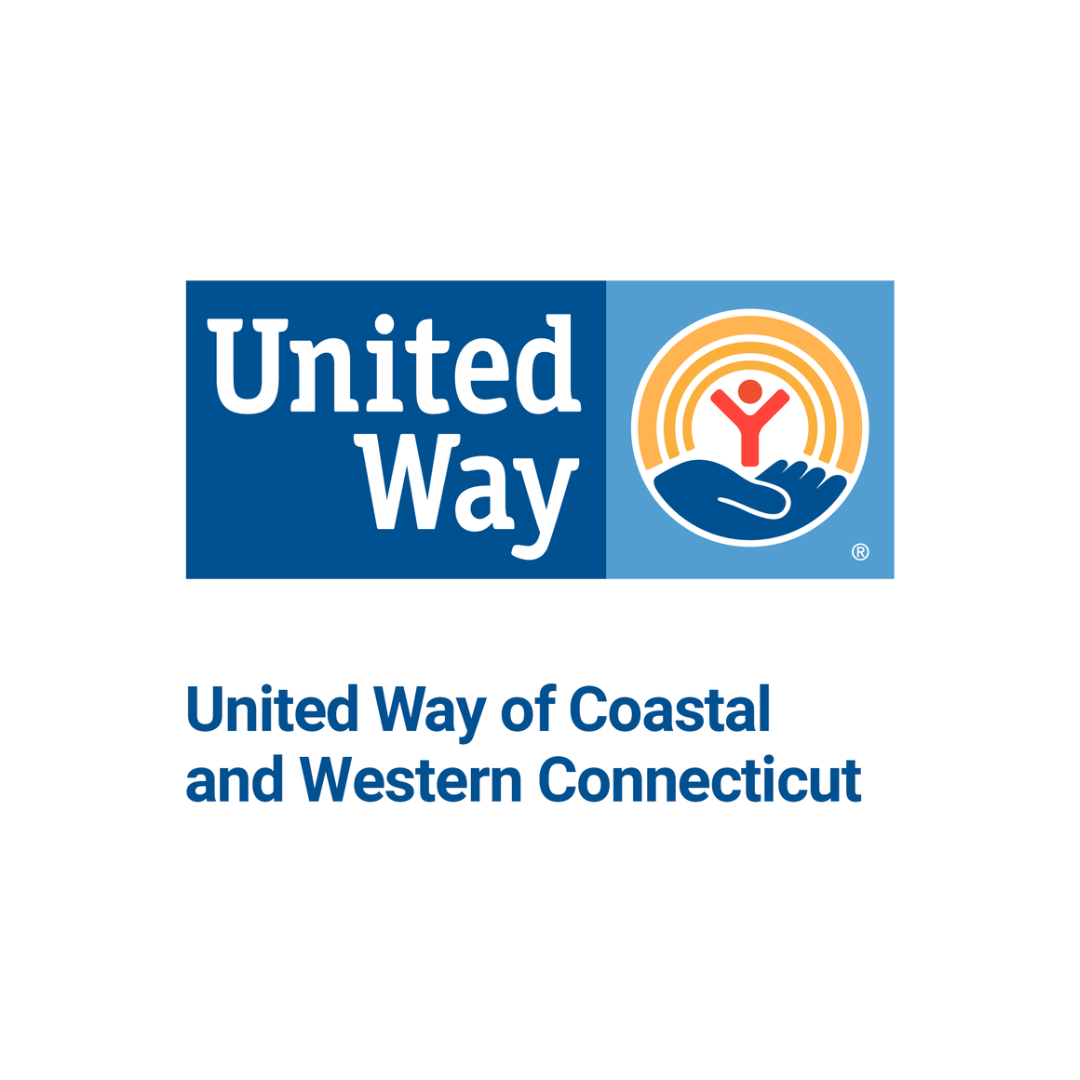
United Way of Coastal Fairfield County and United Way of Western Connecticut, under the newly merged entity United Way of Coastal and Western Connecticut, will distribute $1.8 million in grant funding to support projects in Bridgeport and Stamford that uplift communities and strengthen families disproportionately impacted by the War on Drugs. $900,000 will be designated for each community.
United Way of Coastal and Western Connecticut (UWCWC) will serve as the third-party grant manager for the pilot Community Reinvestment Grant from Connecticut’s Social Equity Council, which aims to reinvest state cannabis revenues back into affected communities. Qualifying nonprofits can begin applying on July 5, 2023 at https://bit.ly/e-cimpact. The full Notice of Funds Availability can be found here.
Funds can be allocated for programs designed to uplift impacted communities and families focused on the two areas of (1) reentry and reintegration, and (2) youth education and recreation. This includes programs that support formerly incarcerated individuals and their families; civil legal aid; justice-involved youth; expungement/criminal record erasure; homelessness; family stability; enrichment programs for young people and their families that assist in preparing the future workforce; STEM/STEAM; financial literacy; promoting physical and mental health wellness; sports; mentoring; youth and parent leadership and empowerment; creative culture programs; community uplifting; and organizing and empowerment. The minimum grant award for qualifying non-profit organizations applying for the 2023-2034 Community Reinvestment Grant process will be $10,000.
United Way of Coastal and Western Connecticut will review proposals from organizations serving Disproportionately Impacted Areas (DIA), census tracts with a historical conviction rate for drug-related offenses greater than one-tenth of the populations, as determined by the Social Equity Council within the Cities of Stamford and Bridgeport. Grants will be distributed by United Way of Coastal and Western Connecticut to fund the development, expansion, and support of projects that uplift Bridgeport and Stamford communities disproportionately impacted by cannabis prohibition and enforcement.
UWCWC is establishing two grant committees – one in Bridgeport and the other in Stamford – to review all applications and make recommendations on funding to the Social Equity Council. The committees will be comprised of volunteers who live or work in their respective communities, with a focus on engaging community members with lived experience. Individuals interested in serving on either review committee can contact Victoria Scofield at Victoria.scofield@uwwesternct.org.
Interested applicants can submit materials via e-CImpact and can find more information at www.unitedwaycwc.org/grant-opportunities. All completed applications are due on August 3, 2023. Award notices will be distributed following approval from the Social Equity Council and all funds must be spent by June 30, 2024.
“This funding is significant and will be transformative to the Stamford and Bridgeport communities that have been impacted by the criminalization of cannabis. We are grateful to have been selected by the state of Connecticut to act as a leading organization in this pilot program,” said Isabel Almeida, incoming President of United Way of Coastal and Western Connecticut. “By centering the voices of community members as key decision makers in the grant-making process, we have a real opportunity to ensure that deeply impactful projects are recommended for funding.”
“Addressing the racial disparities in cannabis-related arrests and pursuing reparative justice for the communities most affected by the criminalization of marijuana is an important and complex issue,” said Yolande Ford, incoming Senior Director of Diversity, Equity, and Inclusion at United Way of Coastal and Western Connecticut. “Reinvesting tax revenue from adult-use sales in affected communities can help promote economic development, education, job training, and other initiatives aimed at repairing the harm caused by past policies. Engaging community organizations and stakeholders, particularly those representing marginalized communities, can provide valuable insights and help shape policies and initiatives related to reparative justice for marijuana-related offenses.”
The Social Equity Council (SEC) is an entity within the Department of Economic and Community Development formed by statute and signed into law by Governor Ned Lamont in 2021. The SEC was created to ensure that the adult-use cannabis program is grown equitably and that funds from the adult-use cannabis program are reinvested in the communities hardest hit by the “war on drugs.”